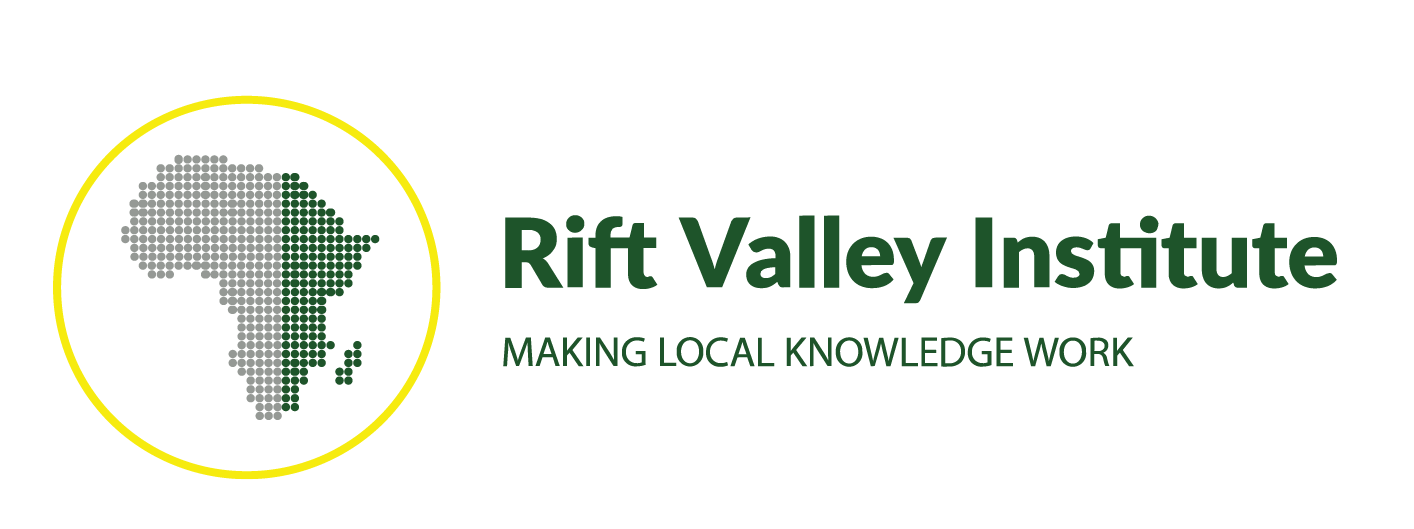
Note: Owing to unforeseen circumstances, the Sudan and South Sudan course has been postponed. Revised dates will be shared in due course.
COUNTDOWN
To CourseTHEME
'War Makes States and States Make War'Failed transitions, war and economic collapse have shaped Sudan and South Sudan in the last year. Our course will tackle immediate questions of the dynamics of regime collapse and violent contestation for control and the political economies of famine, mass displacement and forced migration. It also explores the historical structures of how armies and conflicts work; the renewed political economies of violence; the impacts of changing climate, extractive economies, labour markets and food systems; and generative civic action under extreme conditions of violence and instability.
The course team of academics and activists will discuss new research insights into Sudanese and South Sudanese definitions of democracy; sovereignty as part of emerging grassroots political projects; genealogies of armies and security systems; the politics of humanitarian aid; and the more recent antiwar projects and a possible long-term transition into peace.
Directors
of Studies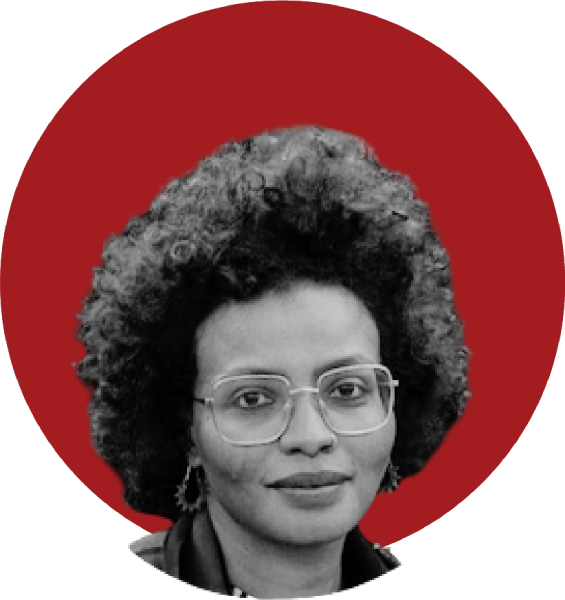
RAGA
Makawi
Independent researcher and consultant based in the UK
Raga is a Sudanese British researcher on Sudan’s civic politics and social movements for the Peace and Conflict Resolution Evidence Platform (PeaceRep), at the London School of Economics. She is an Editor at African Arguments, curating topical themes on the Sudans, the wider Horn of Africa and the general political and social affairs of the continent. She is co-author of the book Sudan’s Unfinished Democracy: The Promise and Betrayal of a People’s Revolution and is currently working on a number of publications in edited volumes, including; ‘The Sudanese Revolution and Authoritarianism’, ‘The Sudanese Social Movement Contribution to Security Sector Reform and New Civic Formations’ and ‘The Future of Peace Politics and Political Settlements in Sudan’.
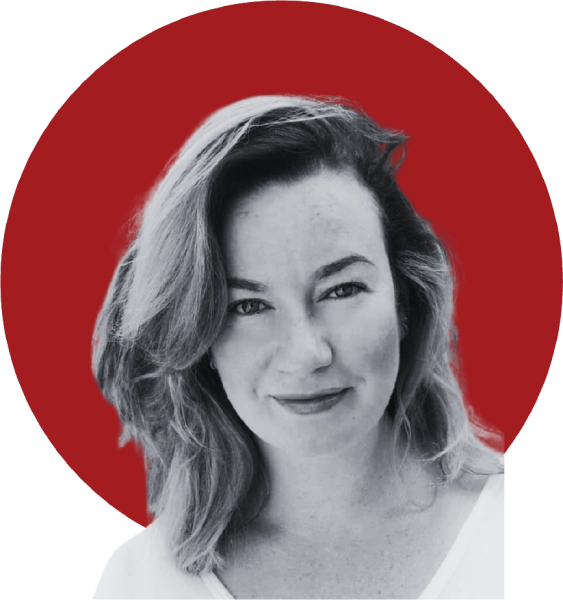
DR NICKI
Kindersley
Senior Lecturer in African History, Cardiff University, UK
Nicki is a contemporary historian of labour and migration in the Nile Valley. She has worked on studies of military employment, rebel governance, customary justice and cross-border livelihoods systems since 2012, focused primarily on South Sudan. Her book New Sudans: Wartime Intellectual Histories in Khartoum was published in 2025 by Cambridge University Press.
Course
Teachers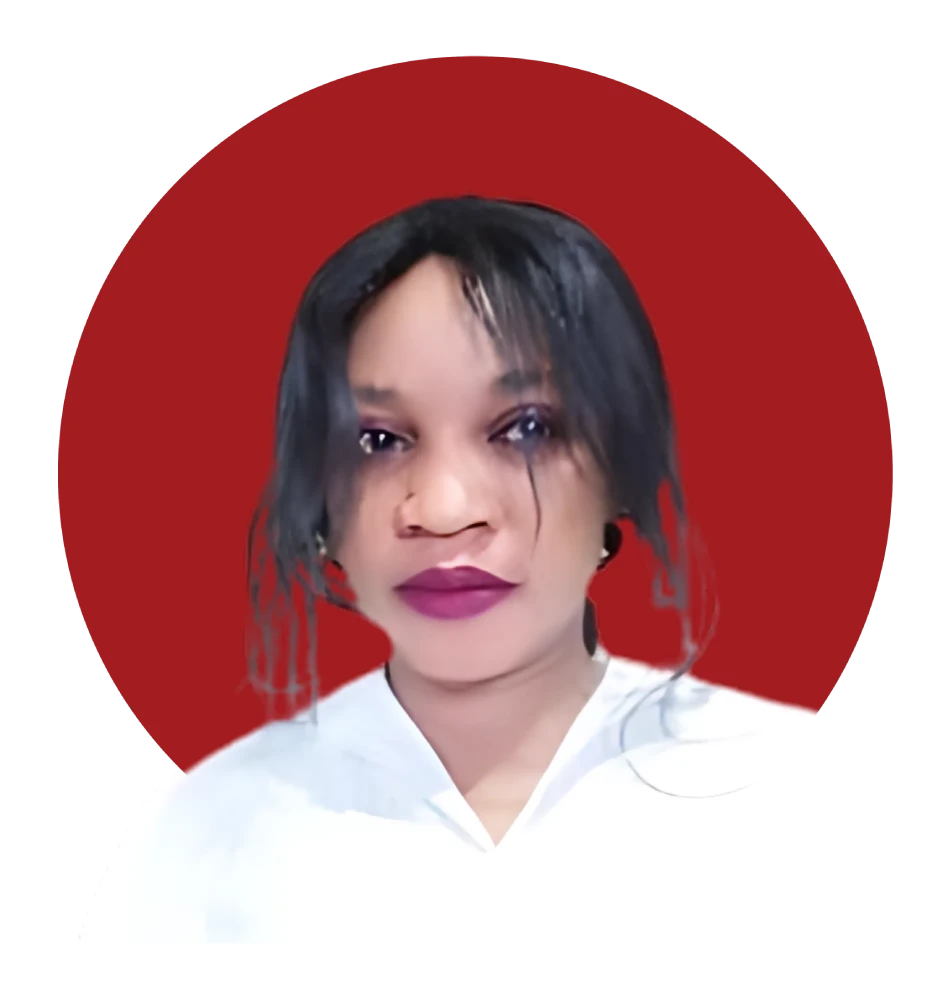
Dr Harriet
Kuyang Logo
International Law, International Human Rights Law, Women and Child Law, University of Juba, South Sudan

Harriet is an expert in democratic governance, access to justice and the rule of law, with extensive experience evaluating UN interventions. She has taught international law, human rights law and women and child law at the University of Juba and has published extensively on transitional justice, international humanitarian law, customary law and gender issues. Currently, Dr Kuyang is a fellow at the Rift Valley Institute and serves as the Gender Lead for the Peacebuilding Opportunities Fund.
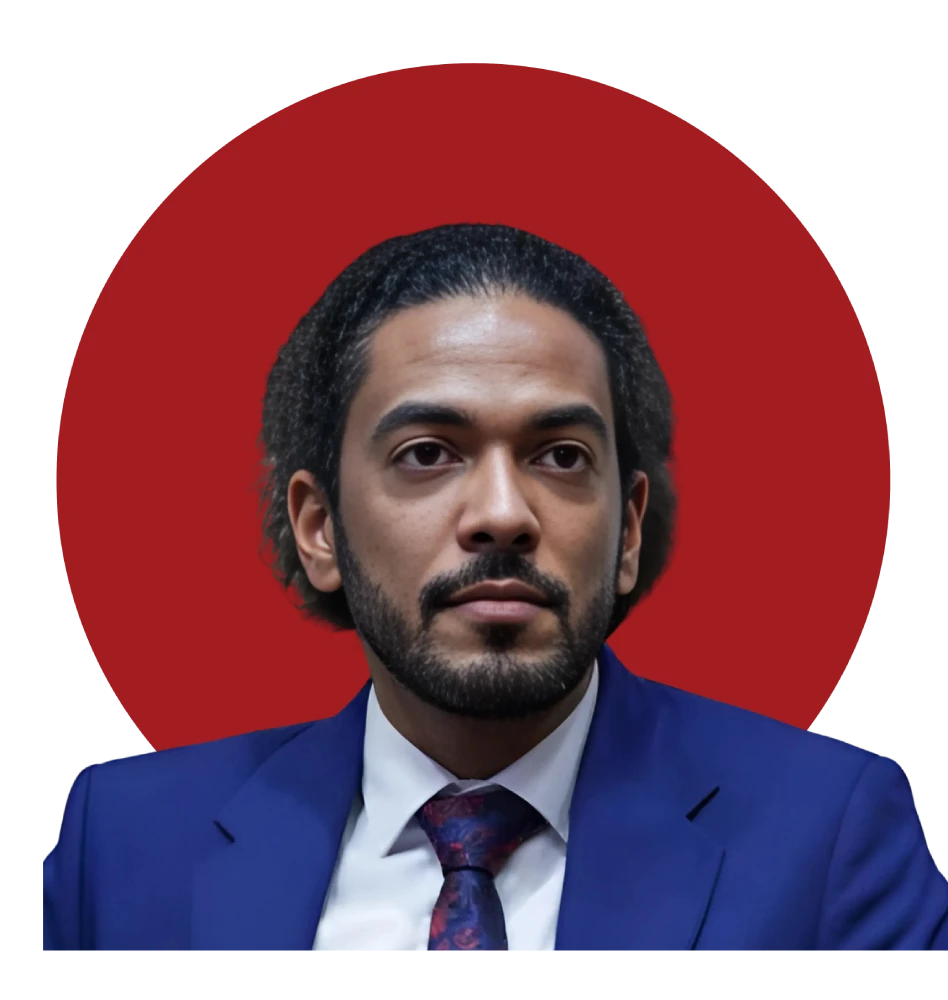
Abubakr
Omer
Resilience and Sustainability Strategist, Agrifood Systems Researcher; Policy Advisor, Rwanda

Abubakr leads transformative initiatives to cultivate self-reliant communities in conflict and climate-impacted regions. His focus is on designing solidarity-based models within agrifood systems to drive comprehensive economic development. With extensive experience across public and private sectors, civil society and academia, he forges strategic partnerships and transborder collaborations to meet localized needs and drive systemic change.
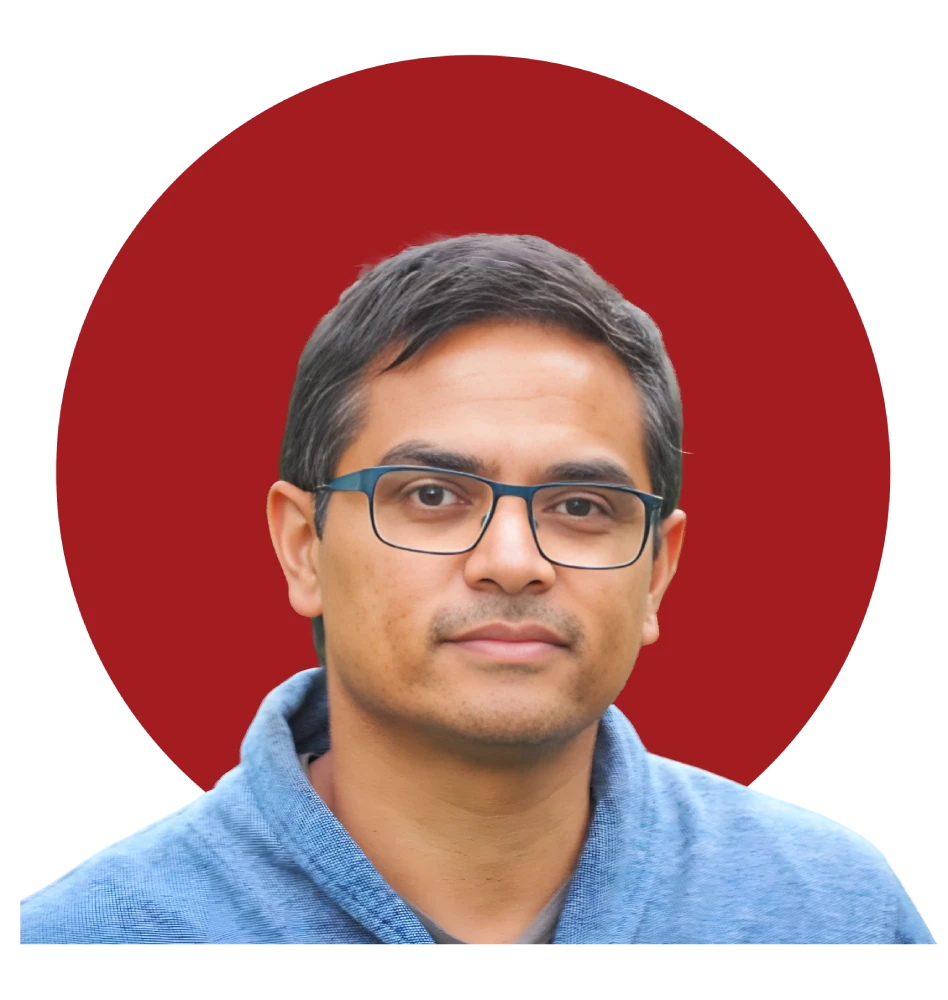
Dr Sharath
Srinivasan
David and Elaine Potter Professor of International Politics, Department of Politics and International Studies, Fellow of King’s College and Co-Director of the Centre of Governance & Human Rights (CGHR), University of Cambridge

Sharath lived and worked in Sudan in the early 2000s and has been researching in and on the region ever since. His book, When Peace Kills Politics: International Intervention and Unending Wars in the Sudans, was published in 2021. He is also co-editor of Making and Breaking Peace in Sudan and South Sudan: The Comprehensive Peace Agreement and Beyond. Alongside longstanding work on Sudan, he researches communication technology and politics in Africa, and co-founded the non-profit digital social research spinout, Africa’s Voices (www.africasvoices.org). Sharath was elected as a Fellow of the Rift Valley Institute in 2015 and became a Trustee in 2023. He is also a Trustee of the British Institute in Eastern Africa.

Amar
Jamal
Managing Editor, Atar Magazine, Uganda

With Atar Magazine in Uganda, Amar works in both English and Arabic. With more than ten years of experience in media across Sudan and South Sudan, Amar has published research with the Rift Valley Institute and the Small Arms Survey. He holds a master’s degree in Social Anthropology from the Institute of Graduate African Studies at Cairo University and is a former fellow at Africa is a Country.
Course
Resources'War Makes States and States Make War'
Day 1
Failures of regime change and maintenance
Monday, 9 June 2025
- State formation, collapse and the violent political economy of state building
- Political Islam, regime change dynamics and core-periphery tensions
- Economic livelihoods: Land, labour, livestock, displacement, diaspora, cross borders and taxation
Day 2
Everyday realities, practical transitions
Tuesday, 10 June 2025
- Military formations, militias and state violence
- Civic alternatives: Mutual aid, food sovereignty and grassroots activism
- Media, civic action, youth and the politics of reconstruction
Day 3
Beyond current impasses: Imagining new pathways
Wednesday, 11 June 2025
- Challenges of security sector reform and demobilization
- External interventions, local adaptations and democratic imaginaries
- Humanitarian approaches, new actors and future scenarios
Day 1
Failures of Regime Change and Maintenance
Monday, 9 June 2025
- State formation, collapse and the violent political economy of state building
- Regime change dynamics and core-periphery tensions
- Economic livelihoods: land, labour, livestock, diaspora, cross borders and taxation
Day 2
Everyday Realities, Practical Transitions
Tuesday, 10 June 2025
- Military formations, militias and state violence
- Civic alternatives: mutual aid, food sovereignty, grassroots activism
- Media, civic action and the politics of reconstruction
Day 3
Alternative Futures and Imagined Reconstructions
Wednesday, 11 June 2025
- Geopolitics and genealogy of failed peace agreements
- Political Islam and modern forces shaping governance
- Youth, violence, labor systems and displacement politics
Day 4
Beyond Current Impasses – Imagining New Pathways
Thursday, 12 June 2025
- Challenges of security sector reform and demobilization
- External interventions, local adaptations and democratic imaginaries
- Humanitarian approaches, new actors and future scenarios
1.The ecological crisis in the
region is escalating. What
effect has it had on
regional conflicts?
What are some of the
macroeconomic and social
responses to this crisis
Climate change is making seasons less predictable and rendering episodes of both droughts and floods more intense. Populations in the Horn have a variety of coping mechanisms to deal with high variability in rainfall from year to year, but those systems are being severely tested. The biggest single response has been dramatic rural-urban migration, as destitute rural dwellers seek a new life in cities. Rural production in some areas has adapted, with use of more drought resistant crops, changed pastoral migratory patterns, and intensified efforts to capture water in dams and small catchment systems. Fears of actual water wars have not yet materialized in the Horn, but tensions over water use, diversion, and access are high, and communal clashes over boreholes and well-watered grazing areas have increased.
